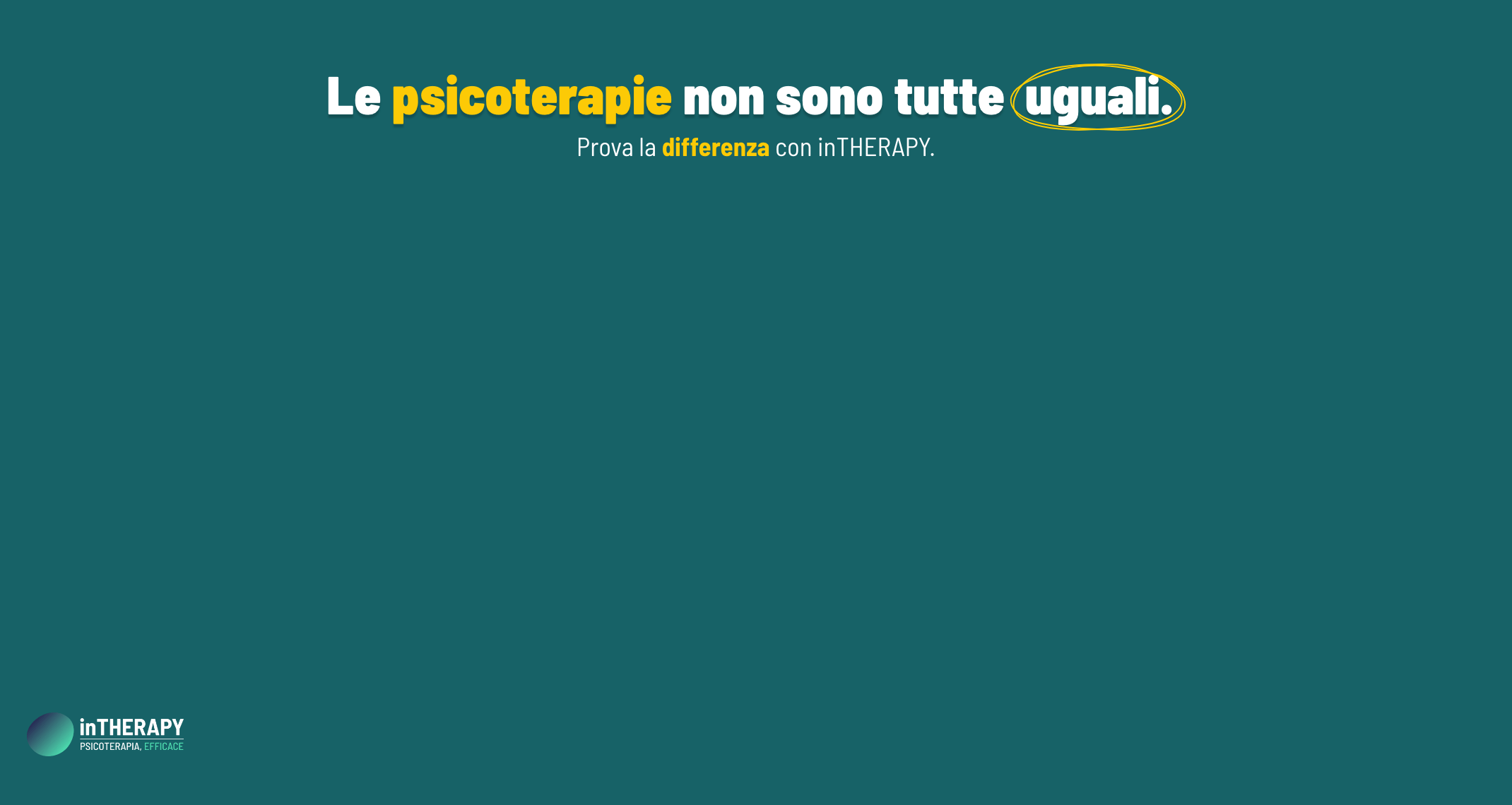È stato pubblicato per Springer il libro Case Formulation as Therapeutic Process in CBT a cura di Giovanni Maria Ruggiero, Gabriele Caselli e Sandra Sassaroli. Il libro tratta l’importanza della formulazione del caso nella realizzazione di efficaci terapie cognitivo comportamentali (CBT)
Il libro Case Formulation as Therapeutic Process in CBT tratta l’importanza della formulazione del caso nella realizzazione di efficaci terapie cognitivo comportamentali (CBT), centrandola come il principale strumento operativo degli approcci CBT con cui il terapeuta gestisce l’intero processo psicoterapeutico. I capitoli discutono interventi e componenti CBT specifici del trattamento, fattori aspecifici tra cui alleanza e relazione terapeutica e background teorico e storico delle pratiche CBT. Inoltre, il libro propone che nella CBT la formulazione del caso sia una procedura che viene continuamente condivisa e rivalutata tra paziente e terapeuta durante il corso del trattamento.
Il libro comprende due tipi di contributi: capitoli composti dai tre curatori nei quali è descritta e discusso l’uso della formulazione del caso nei principali orientamenti cognitivi e anche in alcuni orientamenti psicodinamici; capitoli composti da esperti nell’orientamento specifico trattato che commentano i contributi composti dai tre curatori. Ad esempio il capitolo dedicato alla CBT classica è commentato da Arthur Freeman e Steven Hollon.
Case Formulation as Therapeutic Process in CBT edited by G. M. Ruggiero, G. Caselli and S. Sassaroli
The book Case Formulation as Therapeutic Process in CBT edited by Giovanni Maria Ruggiero, Gabriele Caselli and Sandra Sassaroli has been published for Springer.
This book deals with the importance of case formulation in the implementation of effective cognitive behavioral therapies (CBT), defining it as the main operational tool of the CBT approaches with which the therapist manages the entire psychotherapeutic process. Chapters discuss specific CBT interventions and components of treatment, nonspecific factors including therapeutic alliance and relationship, and theoretical and historical background of CBT practices. Furthermore, the book proposes that case formulation in CBT is a procedure that is continually shared and re-evaluated between patient and therapist during the course of treatment.
The book includes two types of contributions: chapters composed by the three editors in which the use of the case formulation is described and discussed in the main cognitive orientations and also in some psychodynamic orientations; chapters composed by experts in the specific orientation who comment on the contributions composed by the three editors. For example, the chapter dedicated to classical CBT is commented by Arthur Freeman and Steven Hollon.
CONTENUTI / BOOK CONTENTS
I capitoli e gli autori sono: (The chapters and authors are:)
- Chapter 1. The shared case formulation as the main therapeutic process in cognitive behavioral therapies
Giovanni M. Ruggiero, Gabriele Caselli and Sandra Sassaroli - Chapter 2. Case formulation in standard cognitive therapy
Giovanni M. Ruggiero, Gabriele Caselli and Sandra Sassaroli - Chapter 3. The Conceptualization Process in cognitive behavioral therapy. Commentary on chapter 2.
Arthur Freeman - Chapter 4. Case formulation in standard cognitive therapy: A commentary on chapter 2
Steven D. Hollon - Chapter 5. Commentary to chapter 2: The use of goals in cognitive behavioral therapy case formulation.
Angelo Maria Saliani, Claudia Perdighe, Barbara Barcaccia, and Francesco Mancini - Chapter 6. Case formulation in the behavioral tradition: Meyer, Turkat, Lane, Bruch, and Sturmey
Giovanni M. Ruggiero, Gabriele Caselli and Sandra Sassaroli - Chapter 7. Some thoughts on chapter 6 Case formulation in the behavioral tradition: Meyer, Turkat, Lane, Bruch, and Sturmey by Giovanni Maria Ruggiero, Gabriele Caselli and Sandra Sassaroli.
Peter Sturmey - Chapter 8. How B-C Connection and Negotiation of F allow the Design and Implementation of a Cooperative and Effective Disputing in Rational Emotive Behavior Therapy
Giovanni M. Ruggiero, Diego Sarracino, Gabriele Caselli and Sandra Sassaroli - Chapter 9. Commentary to chapter VIII. REBT’s B-C connection and negotiation of F
Raymond DiGiuseppe and Kristene Doyle - Chapter 10. Commentary to chapter 8. Commentary on chapter VIII: REBT provides a firm basis for case formulation by employing an ongoing, implicit and hypothetico-deductive form of data collection in critical collaboration, negotiation and an equal relationship with the client
Wouter Backx - Chapter 11. Case formulation in process-based therapies
Giovanni Maria Ruggiero, Gabriele Caselli, Andrea Bassanini, and Sandra Sassaroli - Chapter 12. Commentary on Chapter 11: Process Based CBT as an approach to case conceptualization
Avigal Snir and Stefan Hofmann - Chapter 13. Clinical Behavior Analysis, ACT and case formulation. A commentary on chapter 11.
Paolo Moderato and Kelly Wilson - Chapter 14. Schema Therapy, Contextual Schema Therapy and case formulation: Commentary on Chapter 11.
Eckhard Roediger, Nicola Marsigli, and Gabriele Melli - Chapter 15. Strengths and limitations of case formulation in constructivist cognitive behavioral therapies
Giovanni M. Ruggiero, Antonio Scarinci, Gabriele Caselli, and Sandra Sassaroli - Chapter 16. A constructivist pioneer of formulation. A commentary on chapter 15.
David A. Winter and Guillem Feixas - Chapter 17. Commentary on the presentation of the Metacognitive Interpersonal Therapy Model in Chapter 15.
Antonio Semerari and Antonino Carcione - Chapter 18. The role of trauma in psychotherapeutic complications and the worth of Giovanni Liotti’s cognitive-evolutionist perspective (CEP): Commentary on chapter 15.
Benedetto Farina - Chapter 19. The case formulation in the Post-Rationalist Constructivist model. Commentary on chapter 15.
Maurizio Dodet - Chapter 20. Case formulation and the therapeutic relationship from an evolutionary theory of motivation. Commentary to chapter 15.
Fabio Monticelli - Chapter 21. Emotion, Motivation, Therapeutic Relationship and Cognition in Giovanni Liotti’s Model: Commentary on Chapter 15.
Saverio Ruberti and Raffaella Visini - Chapter 22. Case formulation as an outcome and not an opening move in relational and psychodynamic models
Giovanni Maria Ruggiero, Gabriele Caselli and Sandra Sassaroli - Chapter 23. Commentary to chapter 22: Plan formulation vs case formulation: the perspective of Control-Mastery Theory
Francesco Gazzillo and George Silberschatz - Chapter 24. Some historical and theoretical remarks about psychodynamic assessment. Commentary on chapter 22.
Marco Innamorati and Mariano Ruperthuz Honorato - Chapter 25. Case formulation in psychoanalysis and in cognitive-behavioral therapies: Commentary on chapter 22.
Paolo Migone - Chapter 26. The empirical state of case formulation: Integrating and validating cognitive, evolutionary and procedural elements in the CBT case formulation in the LIBET procedure
Giovanni M. Ruggiero, Gabriele Caselli and Sandra Sassaroli - Chapter 27. Commentary on Chapter 26: A Constructivist Perspective on LIBET
David A. Winter - Chapter 28. New dimensions in case planning: integration of E-mental health applications
Christiane Eichenberg - Chapter 29. Now’s the time: CBT shares case formulation more (but not too) easily.
Giovanni M. Ruggiero, Gabriele Caselli and Sandra Sassaroli



